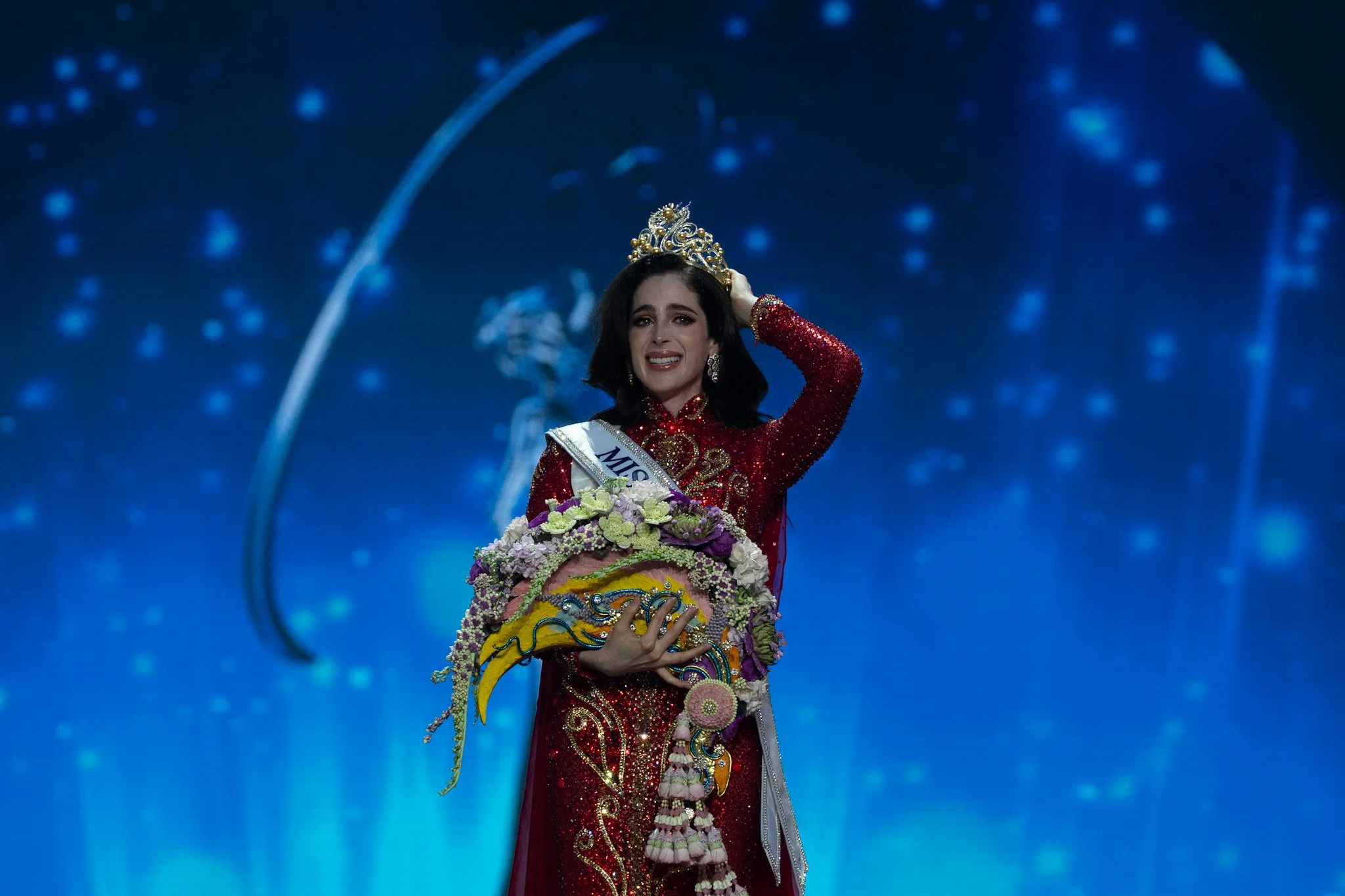BEYOND THE CROWN: FÁTIMA BOSCH'S MISS UNIVERSE 2025 JOURNEY
Fátima Bosch's coronation as Miss Universe 2025 crowns a journey marked by discipline, public scrutiny and a string of obstacles that turned one contestant into a global conversation starter. To read her win only as a fairy tale—or only as a scandal—would be to miss the complex reality of a woman who has had to fight for space, respect and legitimacy at every stage of her path.
Beyond the crown
Bosch, a 25‑year‑old from Villahermosa, Tabasco, has long balanced fashion, activism and personal vulnerability, speaking openly about growing up with dyslexia, ADHD and hyperactivity after being diagnosed at age six. Those learning differences translated into years of bullying and academic struggle, but also into the sharpened empathy and resilience that now shape her public platform.
Before Bangkok, her résumé already mixed runway and social impact: sustainable fashion advocacy, animal welfare, and projects that foreground mental health and self‑acceptance rather than a single, rigid beauty ideal. That mix positioned her as relatable to a generation used to imperfection and transparency, while also inviting debate over how much of any beauty queen's persona is carefully curated branding.
Fatima Bosch as Miss Universe 2025
A pageant in the eye of the storm
Miss Universe 2025 unfolded under the glare of intense controversy that neither began nor ended with Bosch. Two judges resigned days before the finale—among them composer Omar Harfouch, who accused the organization of using a "secret" committee to pre‑select semifinalists, charges the Miss Universe Organization has firmly denied as inconsistent with its stated protocols.
Safety and governance were also in question: the season featured a widely reported on‑stage fall that sent Miss Jamaica to the hospital, and leadership turmoil that fuelled perceptions of a chaotic, internally fractured brand. Against that backdrop, any winner would have inherited a crown loaded with more questions than answers, with Bosch simply becoming the face of a much larger systemic debate.
The walkout that changed her narrative
Bosch's most visible struggle came weeks before the coronation, when Thai director Nawat Itsaragrisil publicly berated her during a live‑streamed event over promotional content and then called security after she defended herself. Feeling disrespected, she chose to walk out, a decision that quickly turned into a collective protest as other contestants, including outgoing Miss Universe Victoria Kjær Theilvig, followed her lead.
The images of a calm Bosch leaving the room, and of women closing ranks around her, reshaped the storyline: no longer just Miss Mexico, she became a symbol of resistance against what many viewers perceived as bullying and abuse of power. The Miss Universe Organization formally condemned Nawat's behavior, and he later issued a public apology and was sidelined from his duties—developments that underlined both Bosch's vulnerability in that moment and the institutional weight behind her response.
Allegations, doubts and competing truths
Victoria Kjær Theilvig congratulates Fatima.
Once Bosch was crowned in Bangkok, criticism shifted from her treatment to the integrity of her win. Harfouch, the former judge, publicly called her a "fake" or "fraudulent" winner and alleged that the process had been rigged by a shadow panel with personal links to some contestants, although he has not presented conclusive public evidence to prove that claim.
The Miss Universe Organization has strongly rejected accusations of rigging, releasing statements and messages to argue that Harfouch was removed from the panel and that official scoring followed established rules. For Bosch, the result is a paradox: her victory is simultaneously celebrated as historic for Mexico and shadowed by debates she did not create but must now coexist with, demanding that observers distinguish between criticism of an institution and suspicion leveled at an individual contestant.
A balanced legacy in the making
Impartiality requires holding two truths at once: Bosch has benefited from and contributed to a media narrative that highlights courage, mental‑health advocacy and feminist defiance, and she has also become the focal point for unresolved questions about transparency in global pageantry. Her story of overcoming bullying, neurodivergence and public humiliation is real and deeply resonant, yet admiration for that journey does not erase the need for clearer processes and accountability in the system that crowned her.
As her reign begins, the fashion and pageant worlds will be watching whether Bosch's poised, polished image can translate into tangible impact beyond the runway—and whether Miss Universe can match her personal message of dignity and fairness with structural reforms of its own. Between the glitter and the criticism lies the more nuanced picture: a young woman who fought hard for her place on the global stage, and a crown that now carries the weight of both her struggles and the controversies that surround them.


